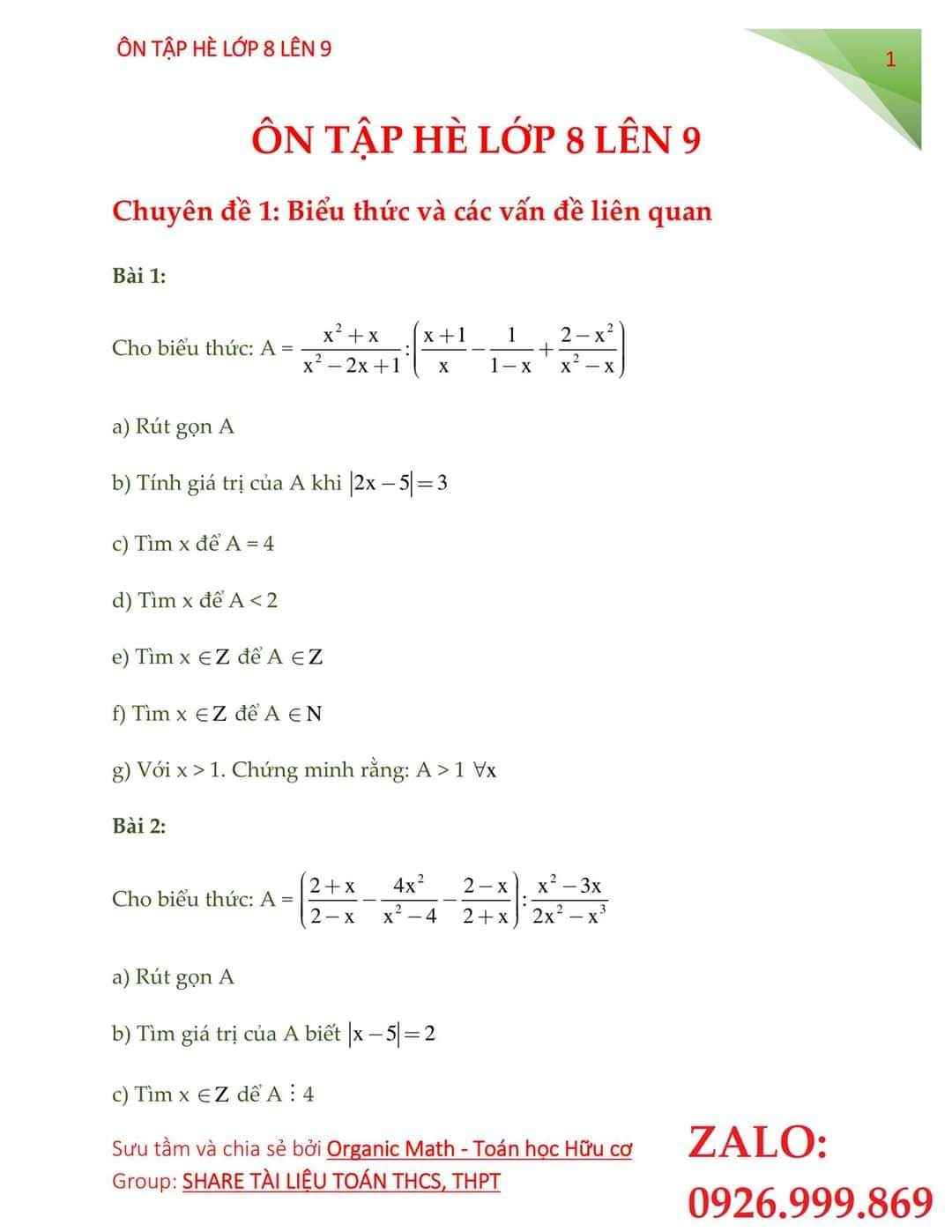\(a,\left(x-2\right)^2-\left(x-1\right)\left(x+1\right)+4\left(x+2\right)\\ =x^2-4x+4-x^2+1+4x+8\\ =13\)
\(b,\left(2-x\right)\left(x^2+x+2\right)=0\\ \Leftrightarrow\left[{}\begin{matrix}2-x=0\\x^2+x+2=0\end{matrix}\right.\\ \Leftrightarrow\left[{}\begin{matrix}x=2\\\left(x^2+x+\dfrac{1}{4}\right)+\dfrac{7}{4}=0\end{matrix}\right.\\ \Leftrightarrow\left[{}\begin{matrix}x=2\\\left(x+\dfrac{1}{2}\right)^2+\dfrac{7}{4}=0\left(vô.lí\right)\end{matrix}\right.\)
Vậy x=2
b: =>2-x=0
hay x=2
a: \(=x^2-4x+4-x^2+1+4x+8=13\)
a) (x-2)2-(x-1)(x+1)+4(x+2)
= x2-4x+4-x2+1+4x+8
= (x2-x2)+(-4x+4x)+(4+1+8)
= 13
Vậy giá trị biểu thức trên không phụ thuộc vào biến.
b) (2-x)(x2+x+2)=0
Th1: 2-x=0 Th2: x2+x+2=0
x=2 x2+x=-2 (loại)
Vậy x=2

















